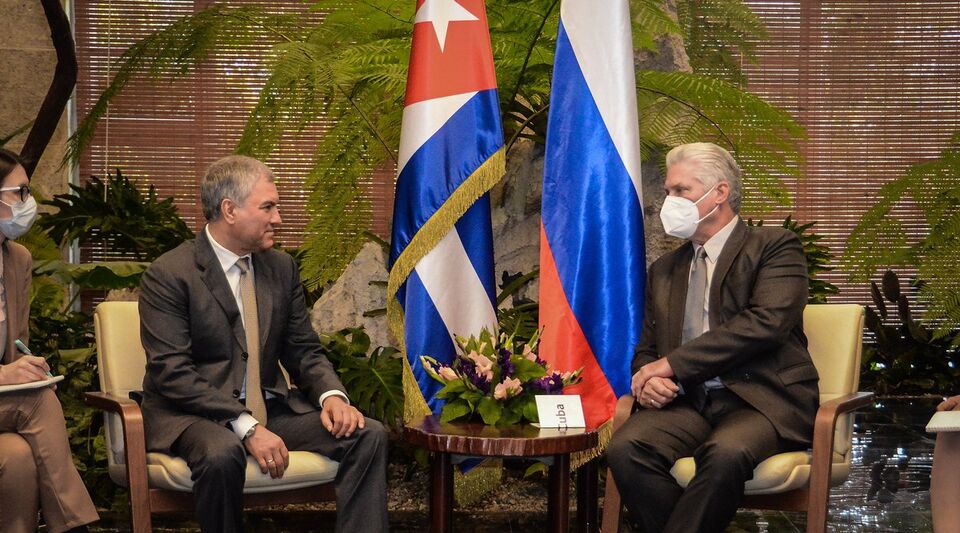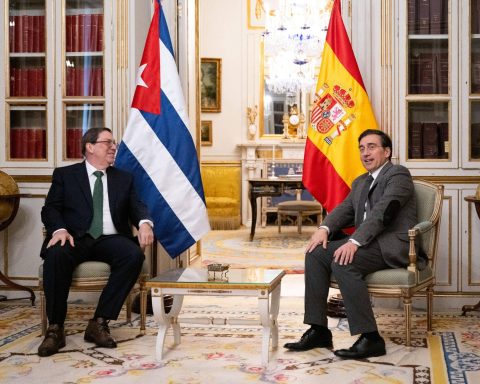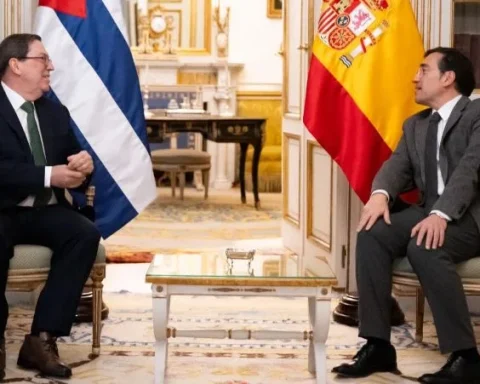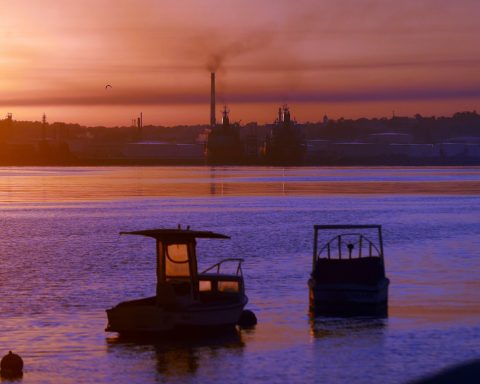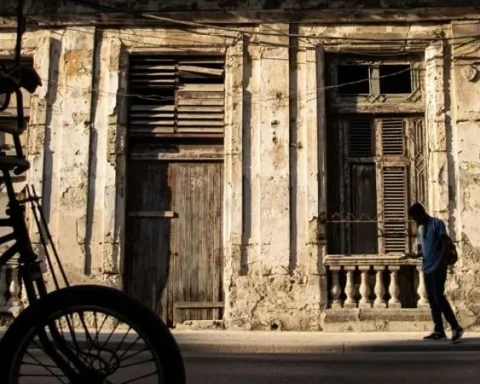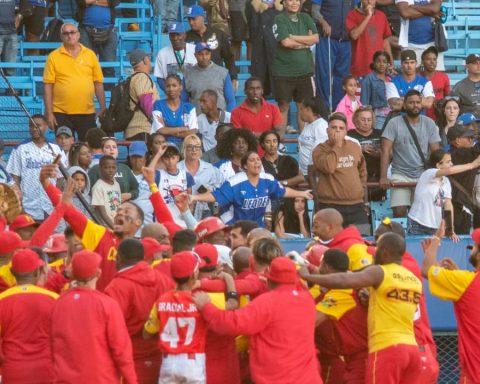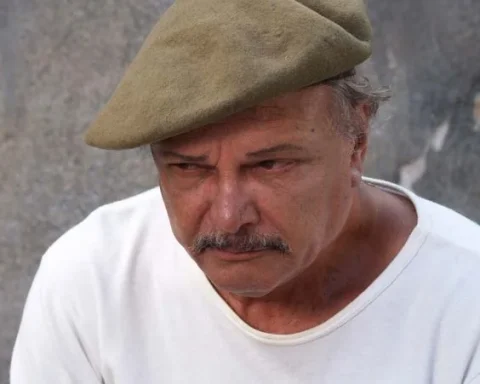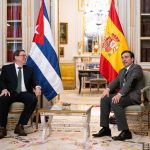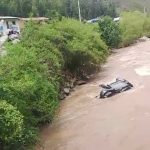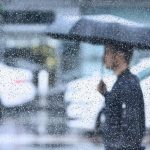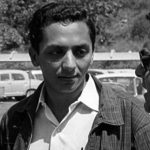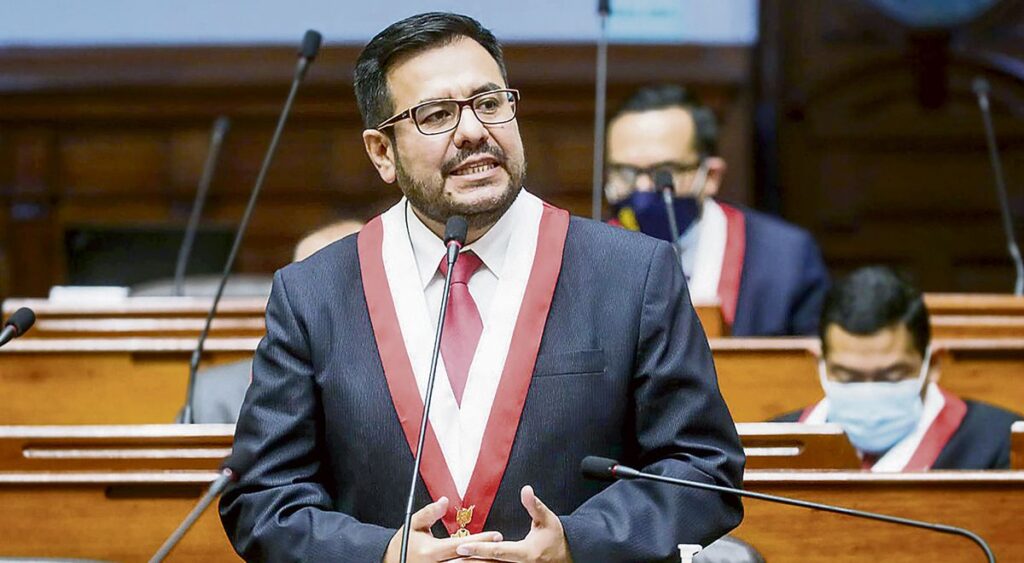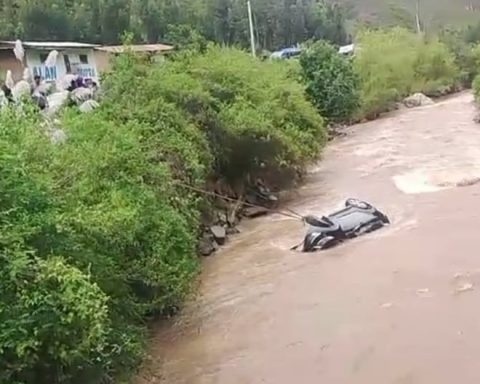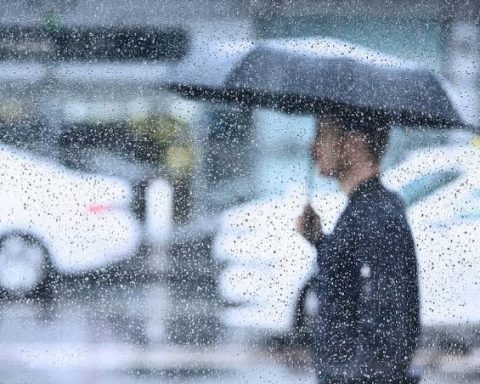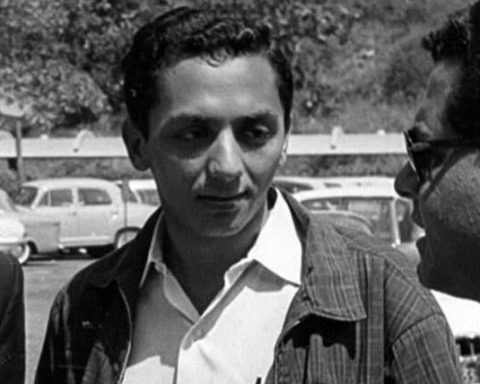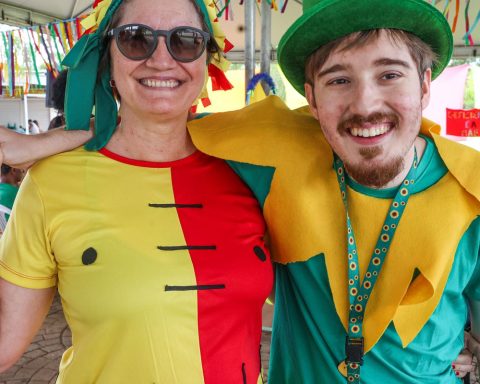The Cuban government is silent in the face of the invasion of Ukraine by Russia, which occurred while the official accounts of the Executive shared messages and images of the meeting between the president and the head of the Duma of the Eurasian country, Viacheslav Volodin, on their social networks. visiting Havana, the second high-level one in less than five days.
The one who has spoken is the Council for the Democratic Transition in Cuba, which has published a statement in which it asks that Havana not legitimize Putin’s behavior. “Cuba cannot become, once again, a diplomatic vassal state of Putin,” he demands.
The statement –signed by vice presidents Marthadela Tamayo González and Manuel Cuesta Morúa, in addition to Elena Larrinaga de Luis, first vice president of the Secretariat for International Relations– indicates that “Putin has blown up the Budapest and Minsk Agreements that contemplated the commitment to the political independence and territorial integrity of Ukraine, as well as the prohibition, among others, of offensive operations on its territory”.
The organization recalls that Cuba is a small country that cannot be on the side of a State that violates the United Nations Security Charter and violates the integrity of a member State
The organization recalls that Cuba is a small country that cannot be on the side of a State that violates the United Nations Security Charter and violates the integrity of a member State. “The genuflection does not dignify us as a nation,” they point out.
Miguel Díaz-Canel, oblivious to reality, tweeted messages about his meeting with Volodin in the first hours of the invasion. “I received with great pleasure Viacheslav Volodin, Chairman of the Russian State Duma, at the Palace of the Revolution. We highlight the excellent state of bilateral relations and the will to consolidate the high level of political dialogue and exchanges in various sectors”, The president wrote on his official Twitter account.
Volodin and the president of the National Assembly of Cuba, Esteban Lazo, previously advocated raising their dialogues to a higher level during a meeting, according to the state-run Agencia Cubana de Noticias (ACN) news agency.
Lazo thanked the State Duma for ratifying the eight protocols on the modification of intergovernmental credit agreements from his country to Cuba, signed in August of last year, and pointed out that the will to continue strengthening the high level of political dialogue and exchanges in areas of common interest, state media report.
“We can draw up a joint strategy in various fields, exchange experiences and review what we can work on together,” he added.
Volodin thanked his Cuban counterpart for “his rejection of interference in Russia’s internal affairs, propaganda and communication hysteria” and NATO’s “expansionist policy”
For his part, the president of the Duma proposed creating a high-level interparliamentary commission and invited the president of the Cuban Assembly to participate in the International Forum on the Development of Parliamentarism.
Volodin thanked his Cuban counterpart for “his rejection of the interference in Russia’s internal affairs, the propaganda and communication hysteria” against his country by the United States government, and the “expansionist policy” of NATO. The statement came just hours before Russian attacks on Ukraine began.
Hours earlier, Díaz-Canel shared on Twitter the statement issued by the Foreign Ministry in which “a diplomatic solution through constructive and respectful dialogue” is advocated. However, he has not yet recognized the independence of Ukraine’s self-proclaimed breakaway republics of Donetsk and Luhansk, as Putin is demanding.
The Cuban Foreign Ministry blamed Washington in the text for threatening Russia and manipulating the international community in the face of an alleged “imminent massive invasion” of Ukraine that has finally taken place.
Havana added that the United States “has supplied weapons and military technology, has deployed troops in several countries in the region, has applied unilateral and unjust sanctions, and threatened other reprisals.”
Cuba also recalled that already in 2014 it warned about the dangers of what it considers an “anti-Russian propaganda campaign.” At that time, during the crisis in Crimea, a Ukrainian territory occupied by Russia, Havana pointed out that “alarming events were taking place in Ukraine.”
Borisov and Volodin’s visit demonstrates the importance that both countries attach to their bilateral relationship and the attempt to restore the close cooperation they had until the disappearance of the Soviet Union in 1991
Four days ago, Cuban Foreign Minister Bruno Rodríguez criticized the “propaganda hysteria” of the United States against Russia in the context of the Ukraine crisis, one day after the visit to Havana of Russian Deputy Prime Minister Yuri Borísov .
That trip came after Russian Deputy Foreign Minister Sergei Ryabkov made statements about his country’s interest in deploying military infrastructure in Cuba and Venezuela, something that provoked a strong reaction in the West.
Diaz-Canel and Putin then spoke by phone about “bilateral trade, economic and investment cooperation,” while Kremlin spokesman Dmitri Peskov denied that they were discussing any military-technical cooperation or establishing Russian bases in Cuba.
This Tuesday, Russia ratified the restructuring of Havana’s debt with Moscow of 2.3 billion dollars until 2027.
Borisov and Volodin’s visit demonstrates the importance that both countries attach to their bilateral relationship and the attempt to restore the close cooperation they had until the disappearance of the Soviet Union in 1991.
The next stop for the parliamentary delegation headed by Volodin is Nicaragua, another of Russia’s Latin American allies.
________________________
Collaborate with our work:
The team of 14ymedio is committed to doing serious journalism that reflects the reality of deep Cuba. Thank you for joining us on this long road. We invite you to continue supporting us, but this time becoming a member of our newspaper. Together we can continue transforming journalism in Cuba.
